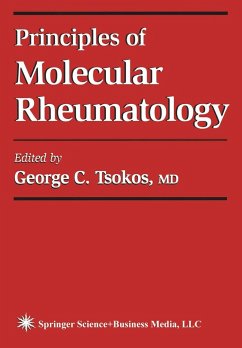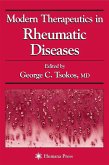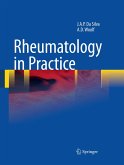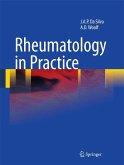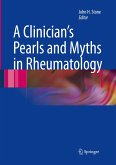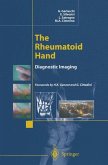George Tsokos and a panel of authoritative clinicians and researchers synthesize the latest findings from across cell and molecular biology with the basic principles of rheumatology to create the first textbook of molecular rheumatology. These established experts describe the biochemical mechanisms by which apoptosis, cell signaling, complement, lipids, and viruses contribute to disease expression, and detail both immune and nonimmune cell function in rheumatic diseases. Their review of the major rheumatic diseases integrates the cellular, biochemical, and molecular biological mechanisms that are important in rheumatic disease pathogenesis. Path-breaking and illuminating, Principles of Molecular Rheumatology expands the envelope of clinical understanding to reveal the biological roots underlying rheumatologic disease, as well as the nature and roles of the powerful new therapeutics now emerging for its optimal treatment. Rheumatic diseases are complex in nature and require for their optimal diagnosis and treatment a critical understanding of the mechanisms that lead to their tissue pathology and various clinical manifestations. In Principles of Molecular Rheumatology, George Tsokos and a panel of authoritative clinicians and researchers synthesize all the latest findings from across cell and molecular biology with the basic principles of rheumatology to create the first textbook of molecular rheumatology. These established experts describe the biochemical mechanisms by which apoptosis, cell signaling, complement, lipids, and viruses contribute to disease expression, and detail both immune and nonimmune cell function in rheumatic diseases. Their review of the major rheumatic diseases integrates the cellular, biochemical, and molecular biological mechanisms that are important in rheumatic disease pathogenesis. The authors also discuss the molecular and cellular mechanisms of action following the administration of the principal drugs used in rheumatology.
Path-breaking and illuminating, Principles of Molecular Rheumatology expands the envelope of clinical understanding to reveal the biological roots underlying rheumatologic disease, as well as the nature and roles of the powerful new therapeutics now emerging for its optimal treatment.
Path-breaking and illuminating, Principles of Molecular Rheumatology expands the envelope of clinical understanding to reveal the biological roots underlying rheumatologic disease, as well as the nature and roles of the powerful new therapeutics now emerging for its optimal treatment.
"Unlike previous classical textbooks of rheumatology in which the clinical and therapeutic approaches to rheumatic disease are discussed, this one is unique in the contributors' ability to integrate the clinical approach to rheumatic disease with the latest biochemical, cellular, and molecular mechanisms at play in these disorders. This approach allows clinical rheumatologists to gain a better understanding of the cellular and molecular biology that underlies the diseases we treat and the therapeutics we use to treat these disorders.."-Doody's Health Science Book Review Journal "It contains many figures of good quality." - Journal of Endocrine Genetics "Unlike previous classical textbooks of rheumatology in which the clinical and therapeutic approaches to rheumatic disease are discussed, this one is unique in the contributors' ability to integrate the clinical approach to rheumatic disease with the latest biochemical, cellular, and molecular mechanisms at play in these disorders. This approach allows clinical rheumatologists to gain a better understanding of the cellular and molecular biology that underlies the diseases we treat and the therapeutics we use to treat these disorders." - Doody Publishing

